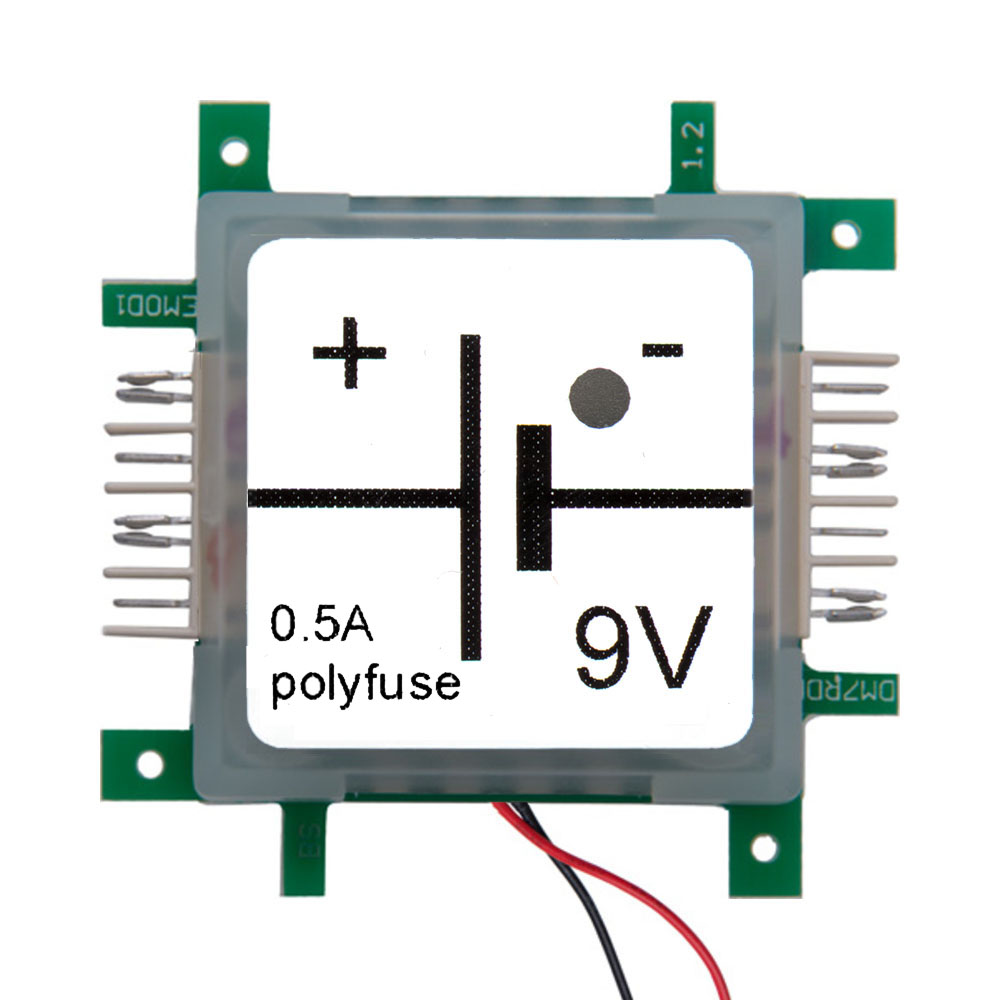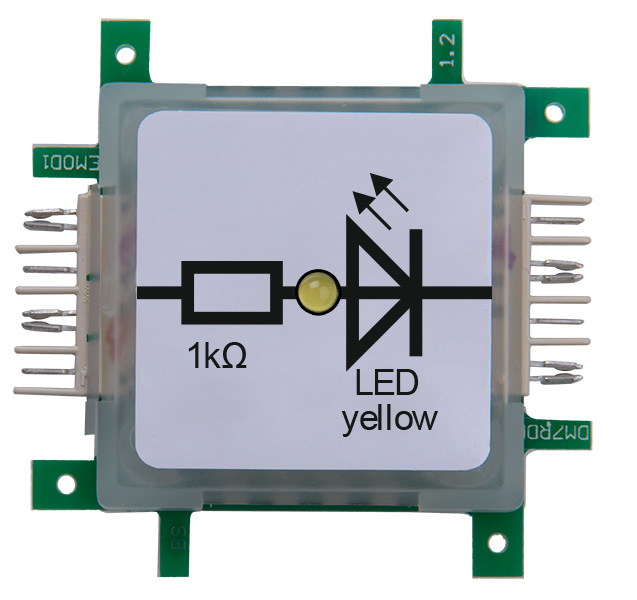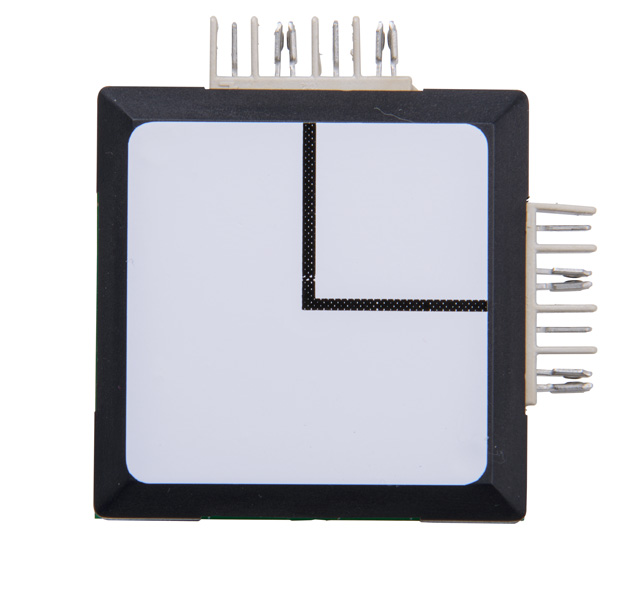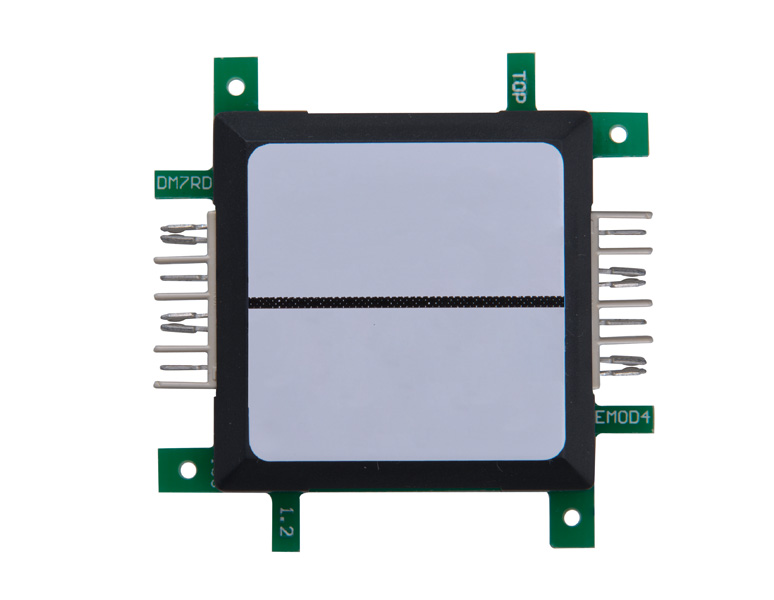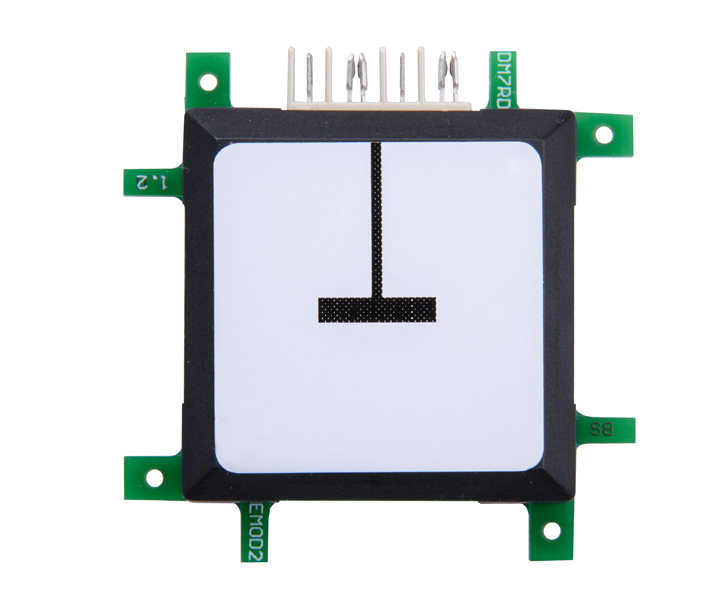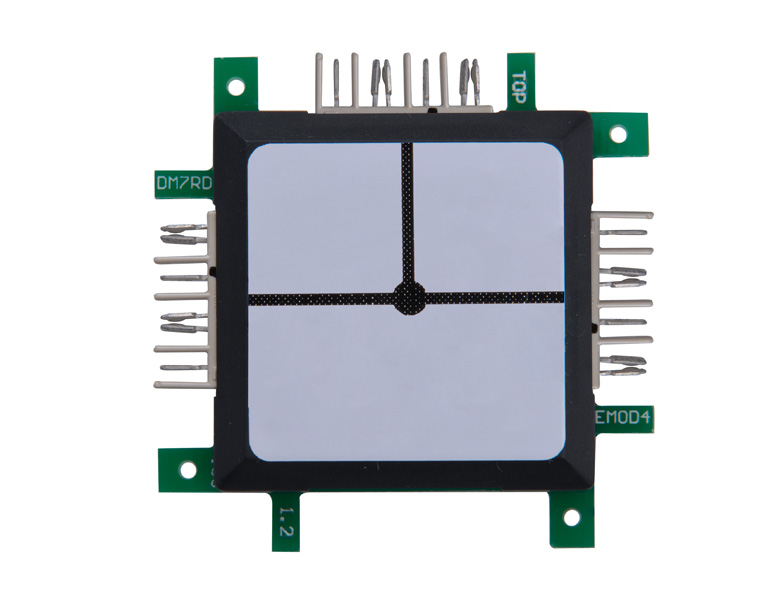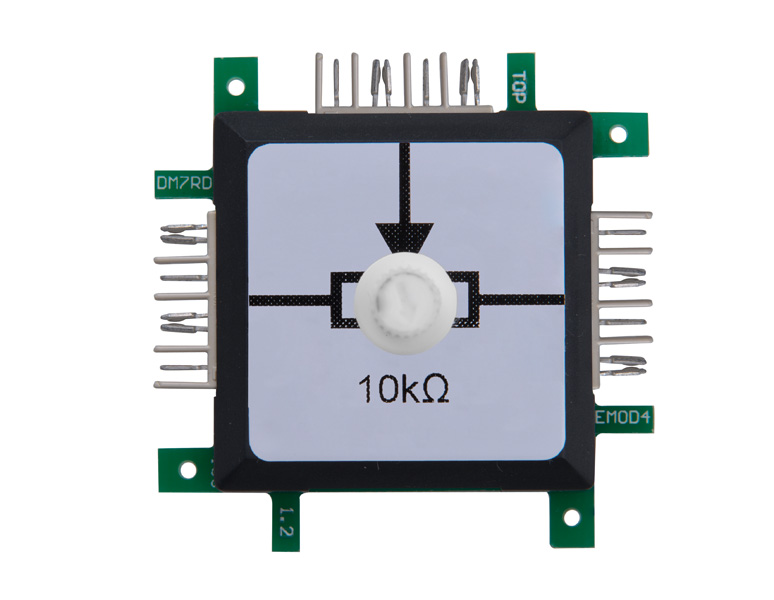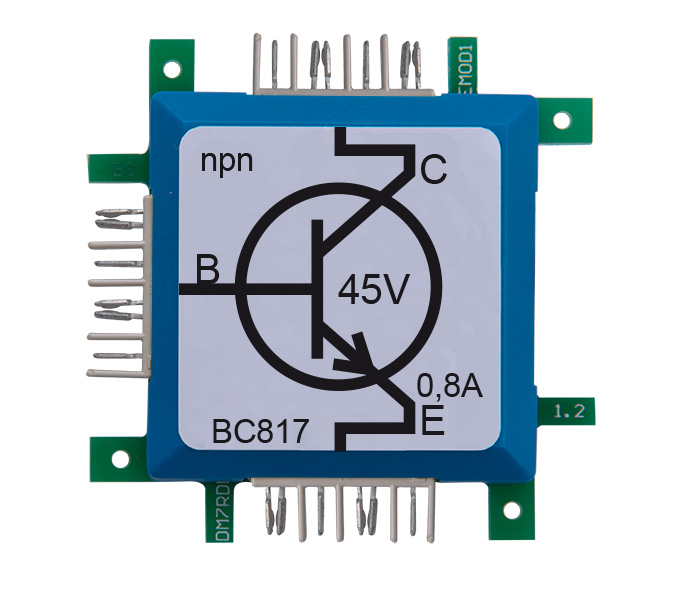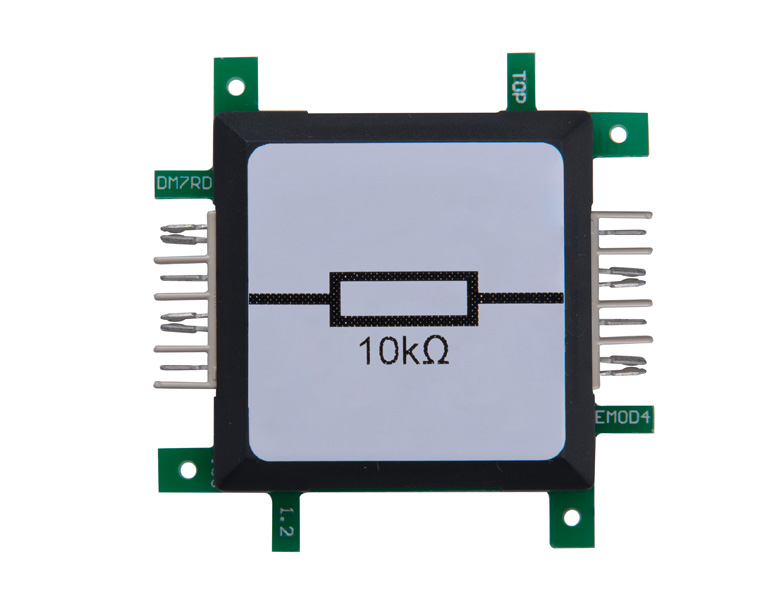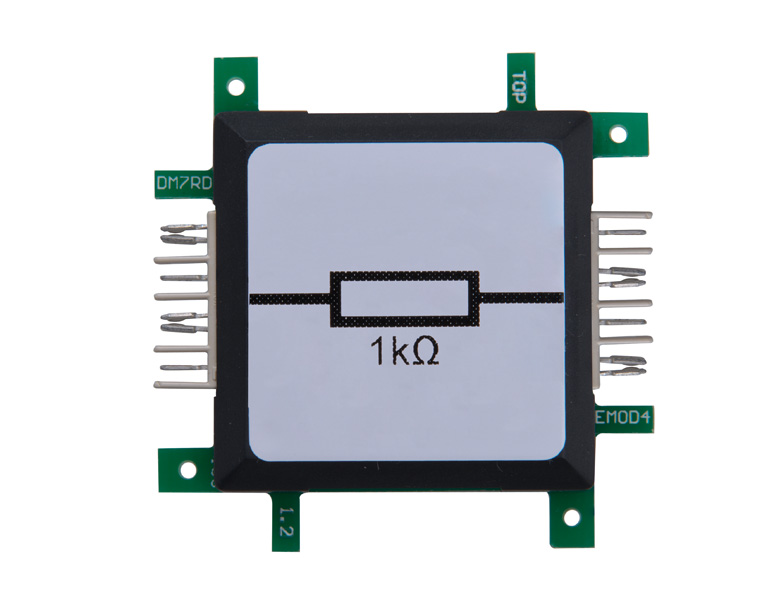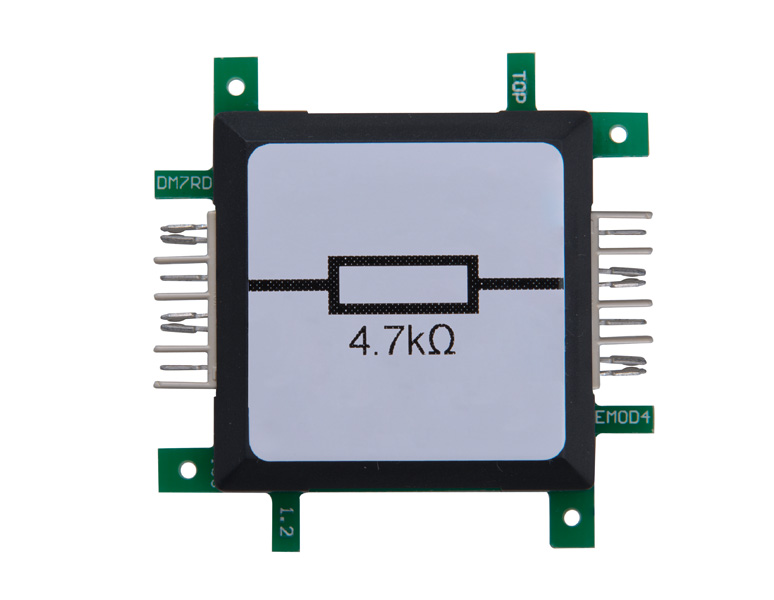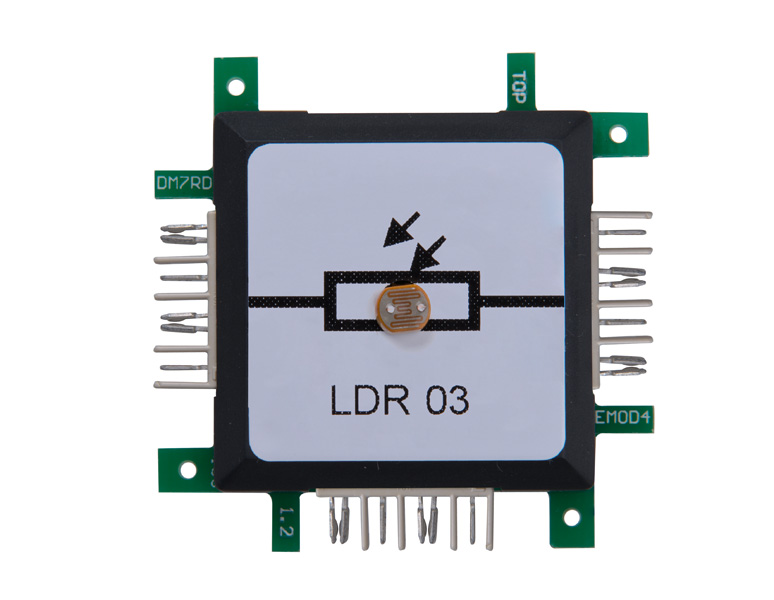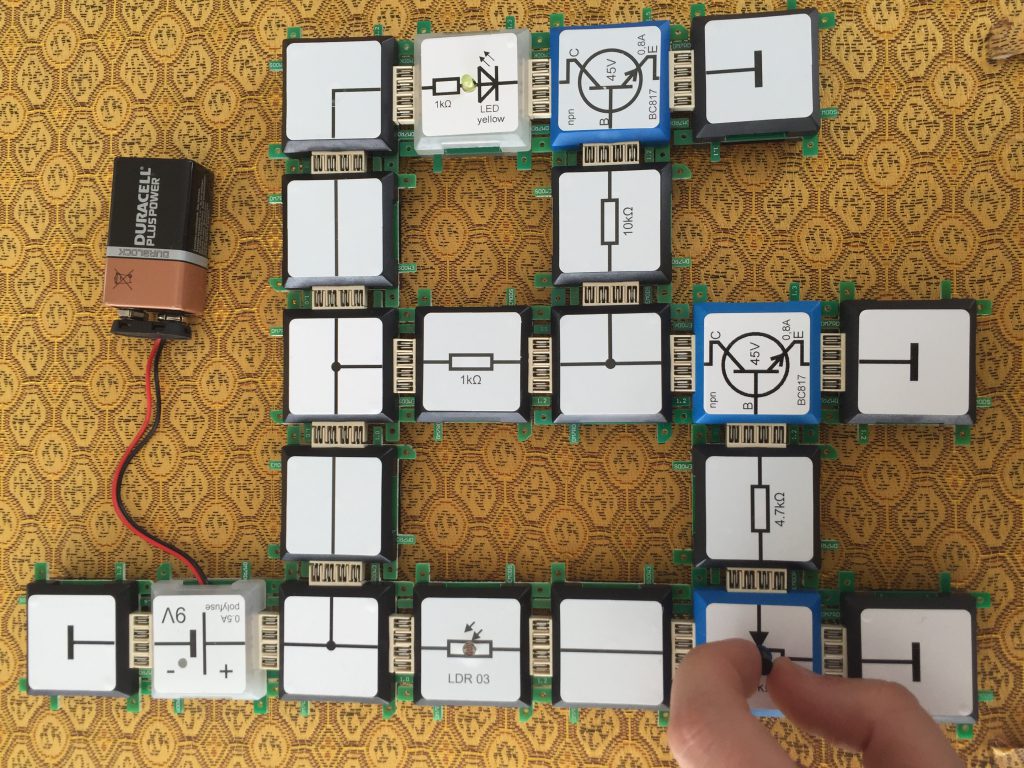
Transistor as inverter
Invert your project
Jane Smith
English
Advanced
To implement a dark or twilight circuit, a transistor can be used an an inverter. In this case, the transistor inverts the switching behaviour of the second. If the threshold voltage of the first transistor is reached when the LDR gets light, a current ows between collector and emitter of transistor 1 and the voltage at the collector drops. The collector of transistor 1 is connected via a 10 k Ohm resistor to the base of transistor 2, and the base voltage drops below the 0.7V. The transistor 2 is off and the LED is dark. A current flows between collector and emitter of transistor 1 and the voltage at the collector drops. The collector of transistor 1 is connected via a 10 k Ohm resistor to the base of transistor 2, and the base voltage drops below the 0.7V. The transistor 2 is off and the LED is dark. If the LDR is in darkness,and therefore the threshold at the transistor 1 drops below 0.7V, then the transistor 1 is off. The 1k Ohm resistor now pulls the collector voltage high. Through the 10 kOhm resistor a current can flow into the base of transistor 2 and the LED is getting on. The threshold level, where the LED starts to light up is set by the potentiometer-brick. The LED light up permanently, when the wiper is at the left position, the LED diminishs when the wiper is moved to the right position. Transistor 1 is left and transistor 2 is right.



